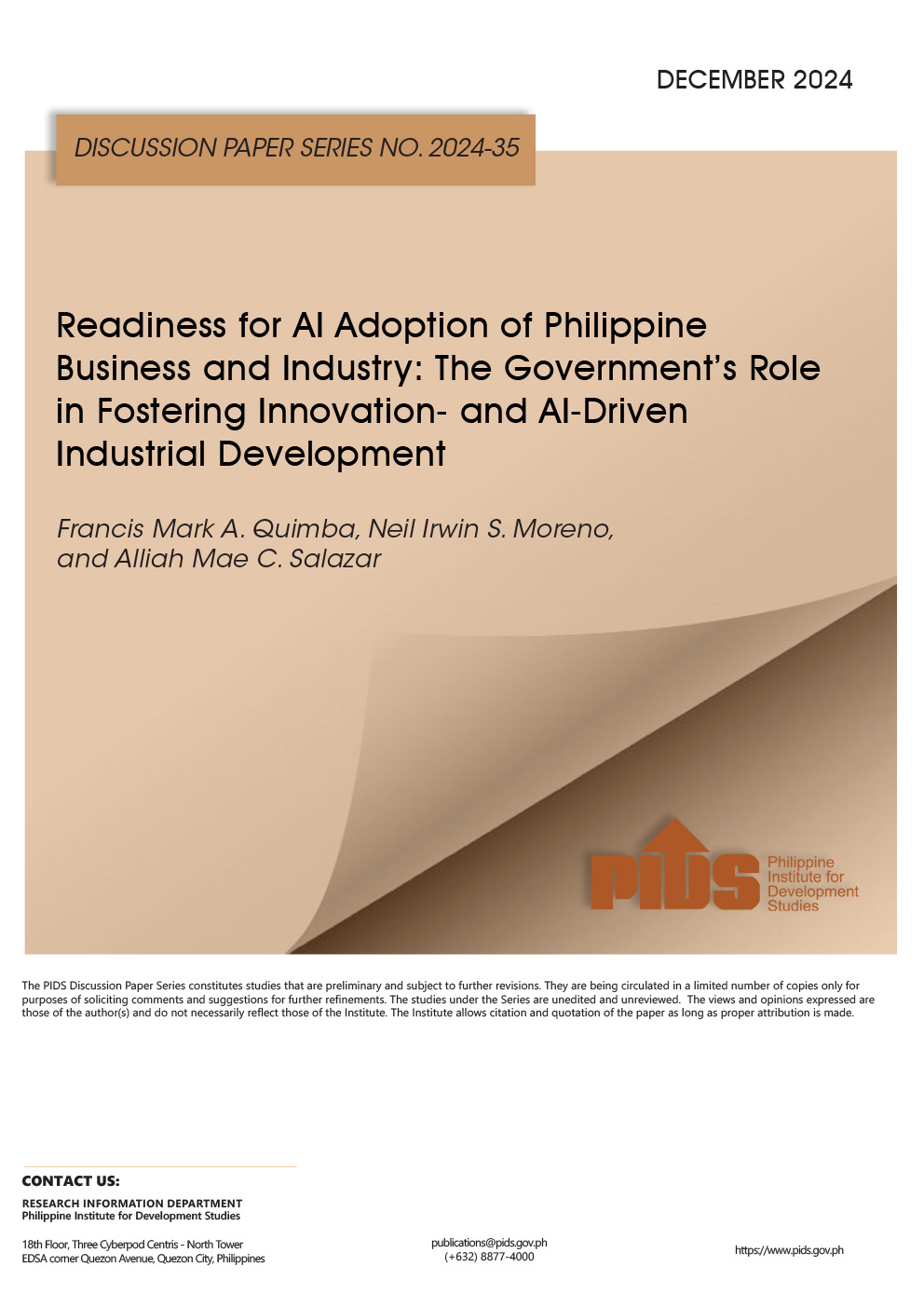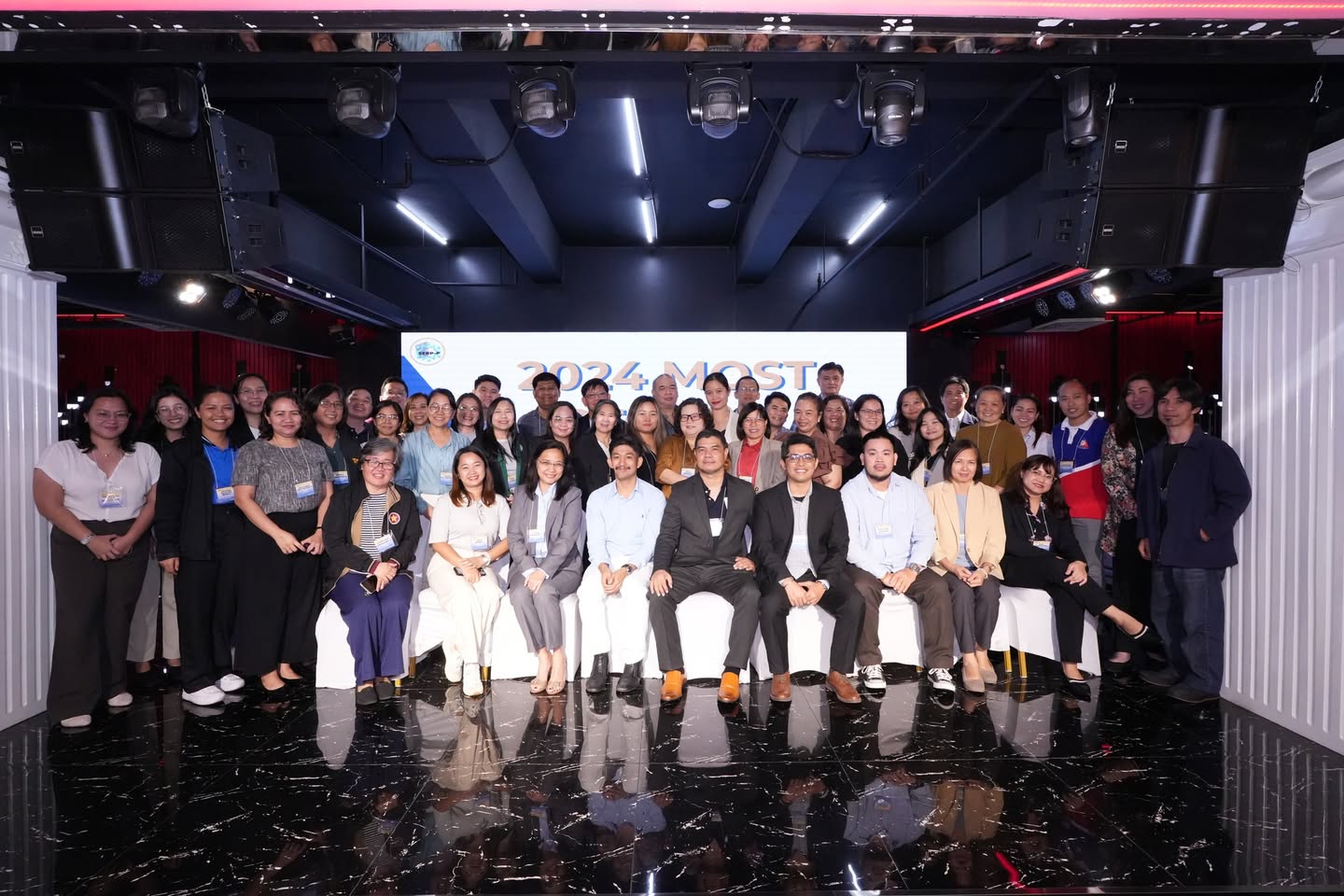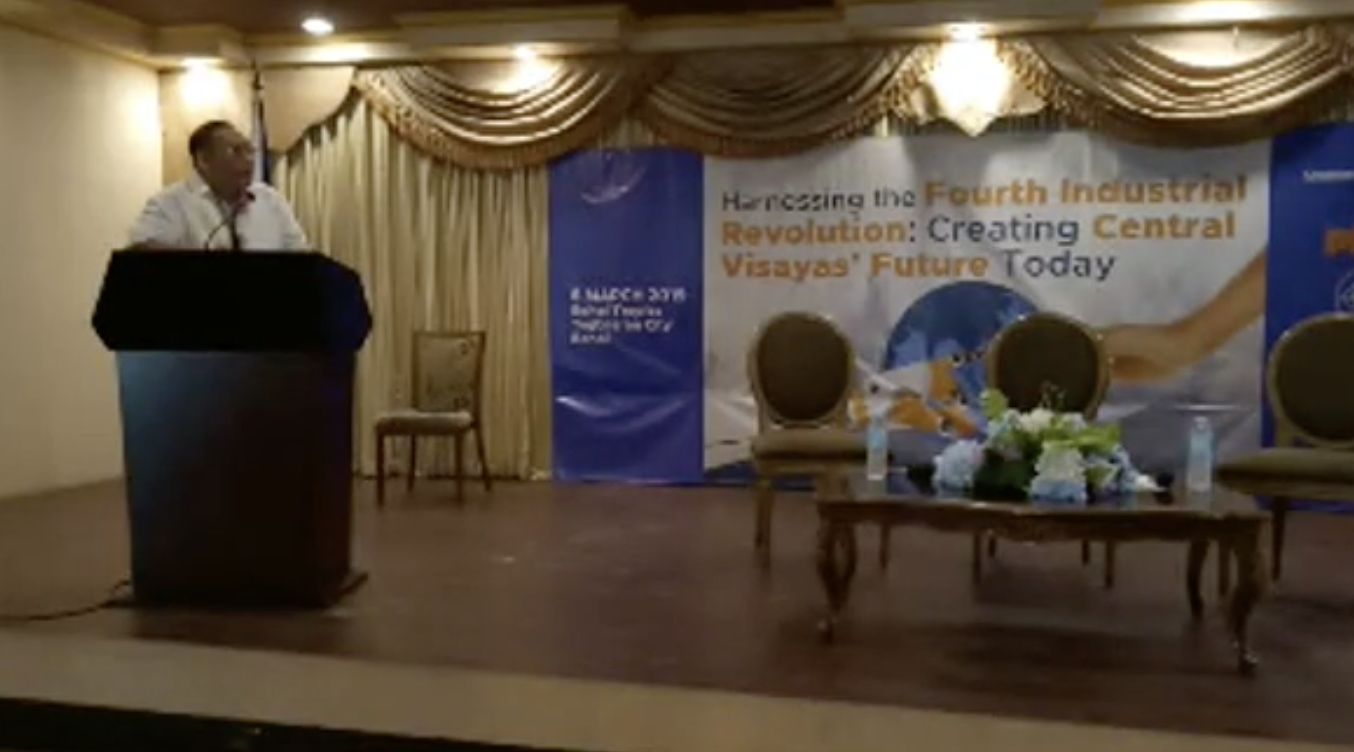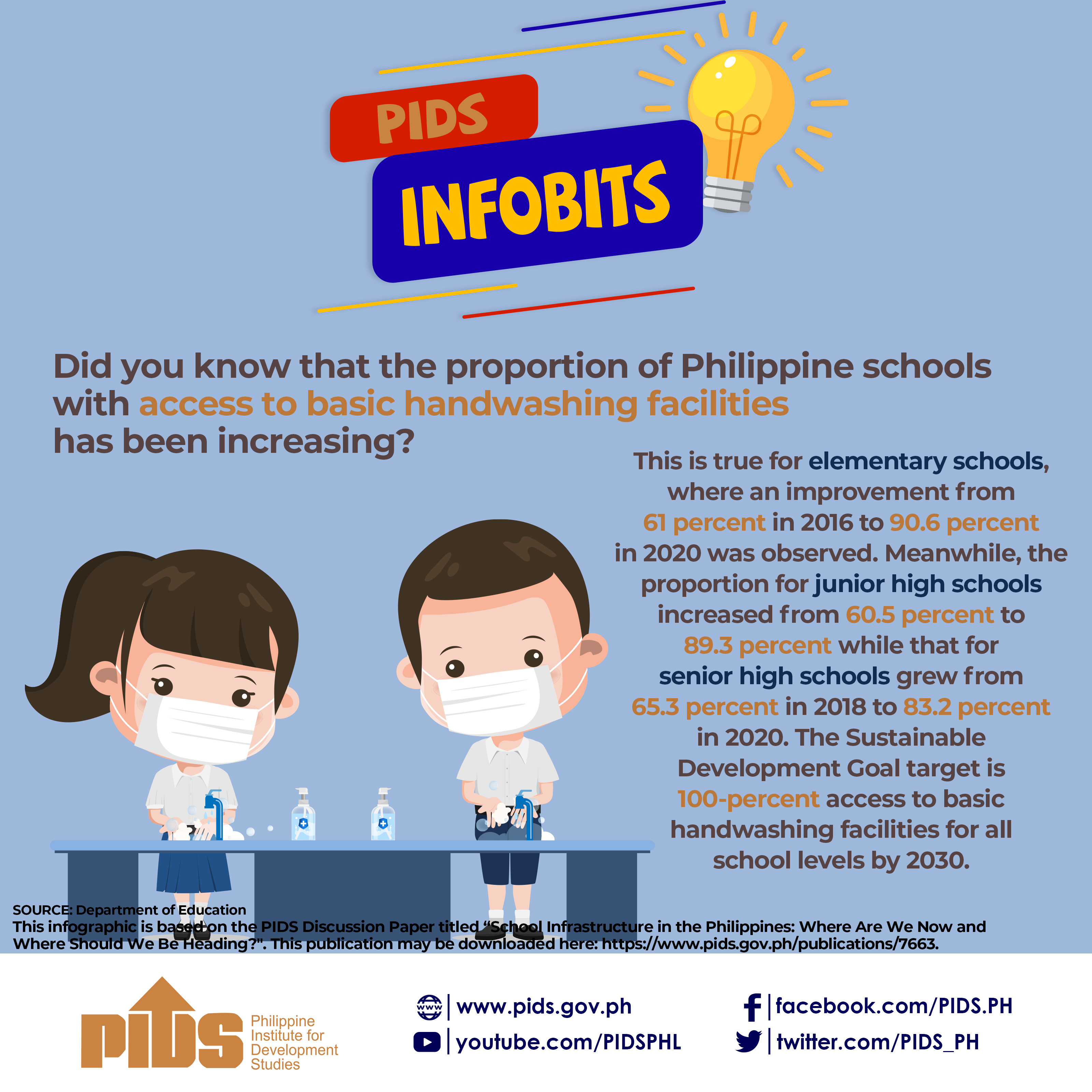MANILA, Philippines — Schools should invest more in research and innovation to keep up with the so-called fourth industrial revolution, the Philippine Institute of Development Studies said.
This was according to speakers of the symposium on “Disruptive Technologies: Opportunities, Challenges and Risks” recently organized by the PIDS, the Philippine APEC Study Network (PASCN) and the University of the Philippines (UP).
Speakers from various universities stressed that in the era of robotics, driverless cars, big data and artificial intelligence, there is no other way, but to innovate – especially the academe.
“When it comes to innovation, academic institutions have no excuse; they have a very important role to play,” Jinky Bornales, vice-chancellor for research and extension of the Mindanao State University–Iligan Institute of Technology (MSU-IIT) said.
Bornales urged universities in the country to focus more on research, saying that in MSU-IIT, students, and more importantly, faculty members, are encouraged to contribute in this area.
“Our human resources are the heart and soul of the university. They are the ones who can drive the culture of innovation,” Bornales said.
Similarly, University of San Carlos (USC) director of the innovation and technology support office Danilo Largo said that research “will really change the landscape of Philippine technology innovation” and this will be more possible when the creativity of students and teachers are maximized.
He emphasized that USC is implementing intellectual property (IP), which encourages students and faculty members to file IP patents. The World Intellectual Property Organization defines IP as “creations of the mind,” which include inventions, literary works, and designs used in commerce.
“That is what really these technologies are all about – that you have patents, you have protection of certain technologies,” Largo added.
Largo, however, added that universities should not be content with getting the most number of patents filed, but should also ensure that these are actually commercialized, turned into startups, and brought to the market.
In 2010, the Intellectual Property Office of the Philippines (IPOPHL) launched the Innovation and Technology Support Offices (ITSO) program, establishing ITSOs or “patent libraries” in various academic institutions and in a number of government offices in the country.
The program aims to make patent information and filing more accessible to local scientists and researchers so they are aware of currently existing technologies that they can use for their own studies.
The symposium is an annual knowledge dissemination activity that seeks to engage academics and researchers in a discussion of important regional integration issues as they impact the Philippine economy.
The network is composed of the Asian Institute of Management, Ateneo de Manila University, Central Luzon State University, De La Salle University, MSU, Silliman University, University of Asia and the Pacific, USC, UP, Xavier University, Department of Foreign Affairs-Foreign Service Institute and the PIDS as lead institution and secretariat.












